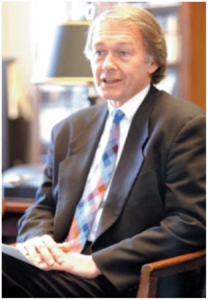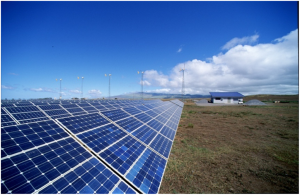By Josh Craft | Fri, January 27, 12

Congressman Ed Markey of Massachusetts
Some highlights:
- New England in Good Shape: Fortunately for New England transmission systems are doin g well, as presented by Heather Hunt of the New England States Committee on Electricity (NESCOE). “Analysis suggests that New England is in good shape,” she said. Indeed, Hunt’s forecast seems to be promising as she also mentioned that New England will meet its renewable energy goals by 2030, which will include a full retirement of coal and oil resources.
- Role of Non-Transmission Alternatives: Environment Northeast, represented by Derek Murrow, delved deep into the pitfalls of inefficient transmission systems. Drawing from Environment Northeast’s “Escalating New England Transmission Costs” report, Murrow made note of the costs associated with current systems and pushed for a move towards non-transmission alternatives (NTA’s) such as energy efficiency programs, demand response, smart grid technologies and clean distribution generation.
- Integration Renewables?Renewable energy was a hot topic at
the summit, especially in its relationship to energy transmission. With several regions represented at the conference, many did not miss the opportunity to voice the sticky subject of how to integrate renewable energy into the current systems. Hannes Pfeifenberger of the Brattle Group brought forward several of these concerns in his presentation, including the high cost of New England reliability upgrades which could potentially cause problems and prevent further funding for renewable integration in the long-term.

Image courtesy of Raleigh Public Relations
Yet despite concerns, the conference maintained a spirited atmosphere, especially once Congressman Edward Markey stepped forward to speak. “We need to have a transmission system that can handle the pressure now and in the future,” he boomed over much applause.
Congressman Markey made his stance on energy transmission very well known, and spoke not only to New England’s energy transmission but to other energy efficiency topics as well. (Congressman Markey’s presentation can be seen here.) Skeptical of proposals to subsidize transmission lines far away from the region, he also mentioned that he hoped to see New England utilize the abundant wind resources in Maine. Chair of the Telecommunications committee, Congressman Markey was quick to point out the nature of cutting edge technology. Just like broadband internet, clean technology is bound to take hold.
So what does all this mean for energy efficiency? With growing concerns over how businesses, industry and homeowners get their energy, creating a more comprehensive, smart, efficient system is the goal. End-use efficiency will continue to be an important resource for the Northeast that reduce energy resource needs and ease the transition towards an energy grid that can meet our clean energy and environmental goals.
Charlie Hopkins is NEEP's Policy Intern.
